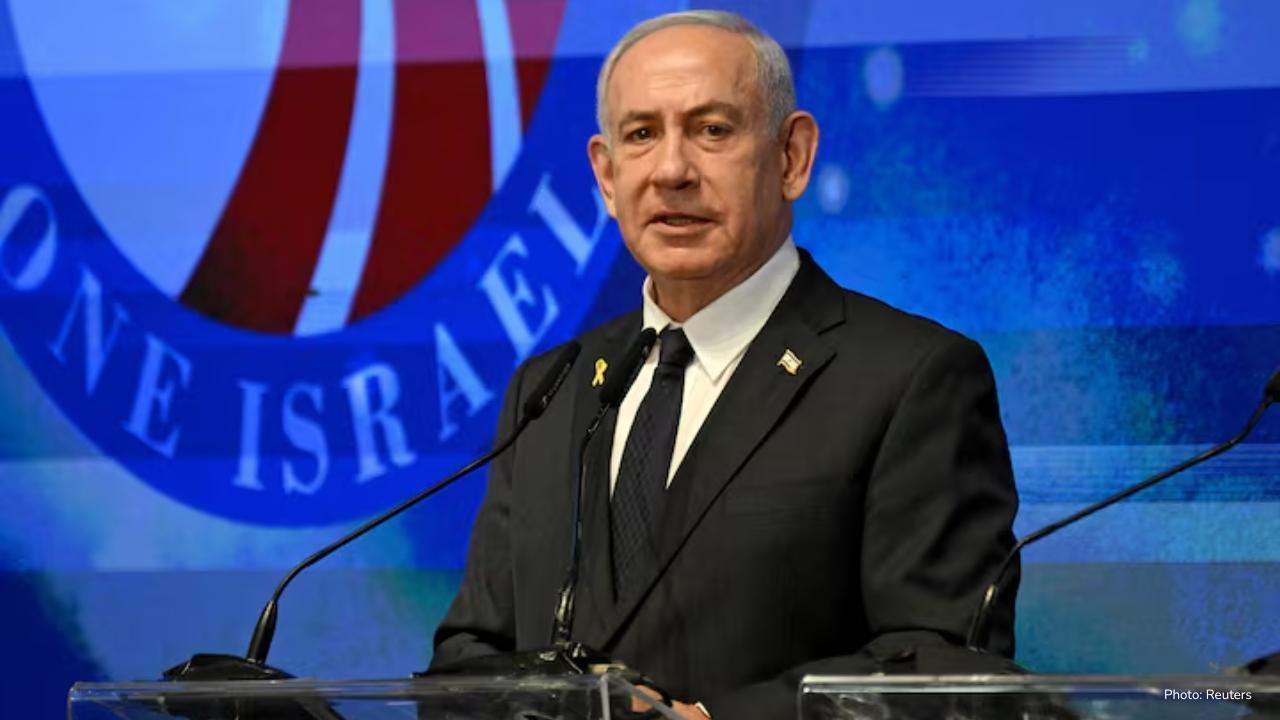
Post by : Monika
On September 24, 2025, Israeli Prime Minister Benjamin Netanyahu made a clear statement rejecting the recognition of a Palestinian state by some Western countries.
He said that these recognitions “will not bind Israel in any way” and confirmed that “a Palestinian state will not arise” under Israel’s watch. His comments were posted officially on social media by his office. This statement comes amid growing international support for Palestinian statehood and ongoing conflict in Gaza.
The announcement follows a significant diplomatic move at the United Nations. Leaders from several countries, including Britain, France, Canada, and Australia, officially recognized a Palestinian state.
This action represents a major shift in international policy nearly two years into the Gaza conflict, which has caused thousands of deaths and displaced many civilians. Despite this support, Israel and its key ally, the United States, continue to oppose recognition of Palestinian statehood.
Israel’s opposition to Palestinian state recognition has been consistent over the years. Prime Minister Netanyahu has often emphasized that Israel will not accept a Palestinian state, citing security concerns and the need for direct negotiations between Israel and Palestinian leaders. Netanyahu’s recent statement reaffirms this position, making it clear that international recognitions will not influence Israel’s stance.
The United States, under President Donald Trump, has also strongly opposed recognition of Palestinian statehood. The U.S. has vetoed United Nations resolutions supporting Palestinian sovereignty in the past and has maintained sanctions on Palestinian authorities.
Trump’s administration has emphasized that any solution must be negotiated directly between Israel and the Palestinians, rather than imposed by other countries or international organizations.
Many countries in Europe and around the world support Palestinian statehood. These countries argue that recognition is a step toward peace and self-determination for Palestinians. They hope that recognition can encourage Israel and the Palestinians to resume talks and work toward a two-state solution. However, Israel and the U.S. have argued that recognition alone will not lead to peace and could increase tensions in the region.
The ongoing conflict in Gaza has created a humanitarian crisis. Thousands of Palestinians have been killed, and many more have been displaced. Homes, schools, and hospitals have been destroyed, and food and medical supplies are scarce in some areas.
Families in Gaza have fled from the northern regions to the south to escape attacks, but even southern areas are not fully safe. Overcrowded shelters and limited access to basic necessities have made life very difficult for civilians.
The situation in Gaza has made international diplomacy more urgent. Western nations pushing for Palestinian recognition argue that supporting statehood can strengthen the rights of Palestinians and pressure both sides to find a solution.
This approach is seen as a response to stalled negotiations and repeated failures to reach a lasting peace agreement. The recognition also reflects growing frustration with the lack of progress in ending the conflict and the suffering of civilians.
Despite international pressure, Israel has emphasized security as its main concern. Netanyahu and other officials argue that creating a Palestinian state without guarantees of safety for Israelis could increase the risk of attacks from militant groups.
They also point out that Hamas, which governs Gaza, continues to fire rockets into Israel and threaten Israeli civilians. According to Israel, security concerns must be addressed before any new political solution is implemented.
Netanyahu’s rejection of recognition has drawn both criticism and support internationally. Supporters of Israel argue that the government has the right to decide its own security policies and negotiate directly with the Palestinian leadership. Critics, including many European countries, argue that Israel should engage more constructively with international efforts and consider the needs and rights of Palestinian people.
The recognition of Palestinian statehood by Western countries is also symbolic. It sends a message to Israel and the international community that there is support for Palestinian self-determination and a two-state solution.
However, symbolism alone cannot solve the conflict. Experts warn that without actual negotiations and compromises on both sides, recognition may not lead to immediate improvements on the ground.
The United Nations continues to play an important role in these developments. The U.N. General Assembly has been a platform for countries to express their support for Palestinian sovereignty and call for renewed peace talks. While U.N. resolutions are not legally binding, they reflect international opinion and can influence diplomatic negotiations.
For the Palestinians, recognition by Western countries provides hope for the future. It validates their claims for statehood and increases international awareness of their situation. Many Palestinian leaders have welcomed the recognitions as a step toward achieving long-term political and territorial goals. However, the road ahead remains difficult, as Israel continues to reject any unilateral moves toward statehood.
The current Gaza conflict has worsened the humanitarian situation. Hospitals are overwhelmed with injured civilians, and medical supplies are limited. Food shortages are widespread, and access to clean water is restricted in some areas. Children and elderly people are particularly vulnerable, with malnutrition and disease becoming major concerns. International aid organizations have called for immediate assistance and safe corridors for relief deliveries, but ongoing fighting makes these efforts challenging.
Israel argues that any solution must address both security and political concerns. According to Israeli officials, recognizing a Palestinian state without direct negotiations could embolden militant groups and destabilize the region further. This concern is echoed by the United States, which continues to oppose recognition outside of a negotiated agreement.
Meanwhile, European countries supporting recognition hope that international pressure can push both sides back to the negotiating table. They emphasize that a two-state solution, where Israel and a Palestinian state coexist peacefully, remains the most viable option for long-term stability. Recognition is intended to encourage dialogue, but achieving tangible results will require compromises from both Israel and Palestinian authorities.
The situation remains complex, with no immediate resolution in sight. On one hand, the international community seeks to support Palestinian rights and promote peace. On the other hand, Israel prioritizes security concerns and insists on direct negotiations with Palestinian leaders. Balancing these priorities is a challenge that diplomats continue to face.
Public opinion in Israel and the Palestinian territories also influences the conflict. Many Israelis feel that security must be guaranteed before any Palestinian state is recognized, while Palestinians increasingly demand international recognition to strengthen their political position.
These differing perspectives make compromise difficult, but both sides are under pressure from the international community to find a path forward.
In addition to security and diplomacy, economic factors also play a role. Gaza has suffered from repeated conflicts that have damaged infrastructure and limited economic opportunities. Rebuilding and providing humanitarian aid are essential to improving conditions for civilians, but ongoing violence hampers these efforts. International recognition of Palestinian statehood may help attract support for reconstruction and aid initiatives.
Looking ahead, the coming months will be crucial in determining whether peace talks can resume and whether international recognition will influence the conflict. Israel is likely to maintain its strong opposition to unilateral recognition, while Palestinian leaders will continue to seek international support. Diplomatic efforts must navigate these complex dynamics to prevent further escalation and improve conditions for civilians.
In conclusion, Israeli Prime Minister Benjamin Netanyahu’s rejection of Western recognition of a Palestinian state reaffirms Israel’s position on security and direct negotiations. The recent recognitions by countries such as Britain, France, Canada, and Australia mark a significant diplomatic shift, reflecting international support for Palestinian statehood and frustration with stalled peace efforts.
While recognition provides hope for Palestinians, Israel and the United States remain opposed, emphasizing that negotiations must address security concerns. The ongoing conflict in Gaza has created a severe humanitarian crisis, and international aid is urgently needed.
The path to a lasting peace remains uncertain, with complex political, security, and humanitarian challenges. Diplomats, international organizations, and world leaders continue to seek ways to bring both sides to the negotiating table, aiming for a resolution that ensures safety, stability, and a better future for both Israelis and Palestinians.
Israel Palestine conflict


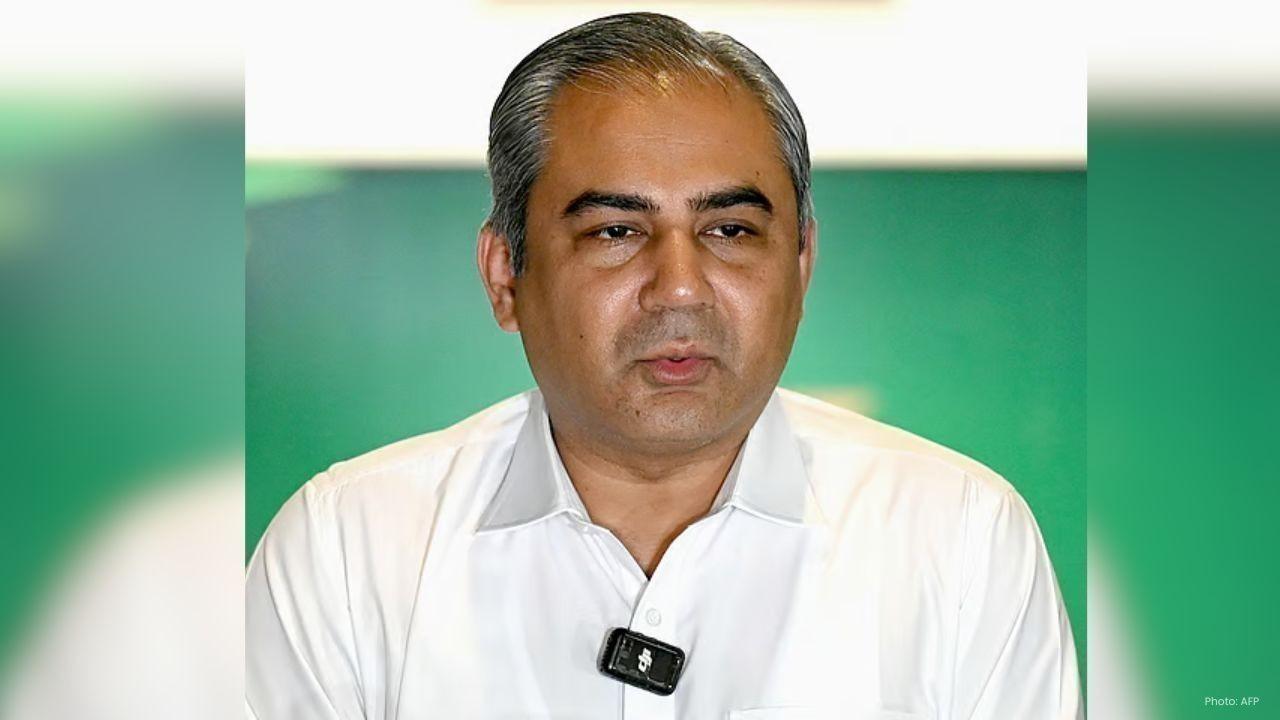
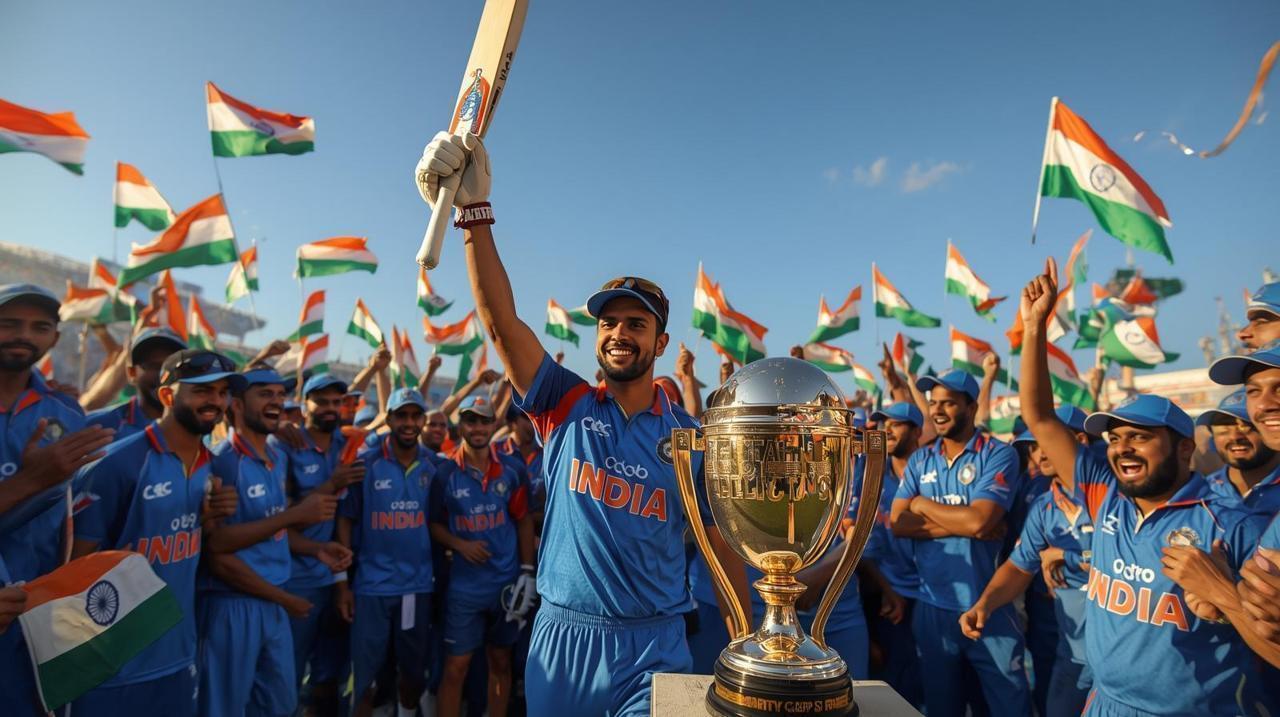
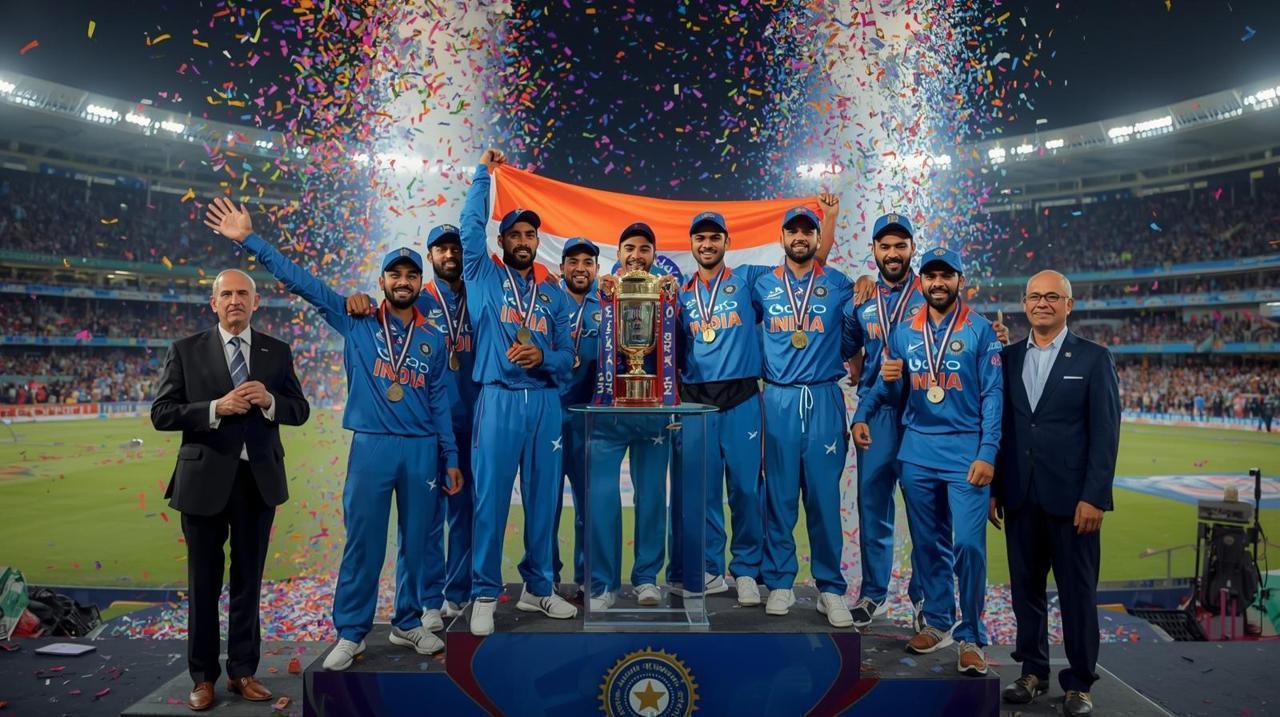

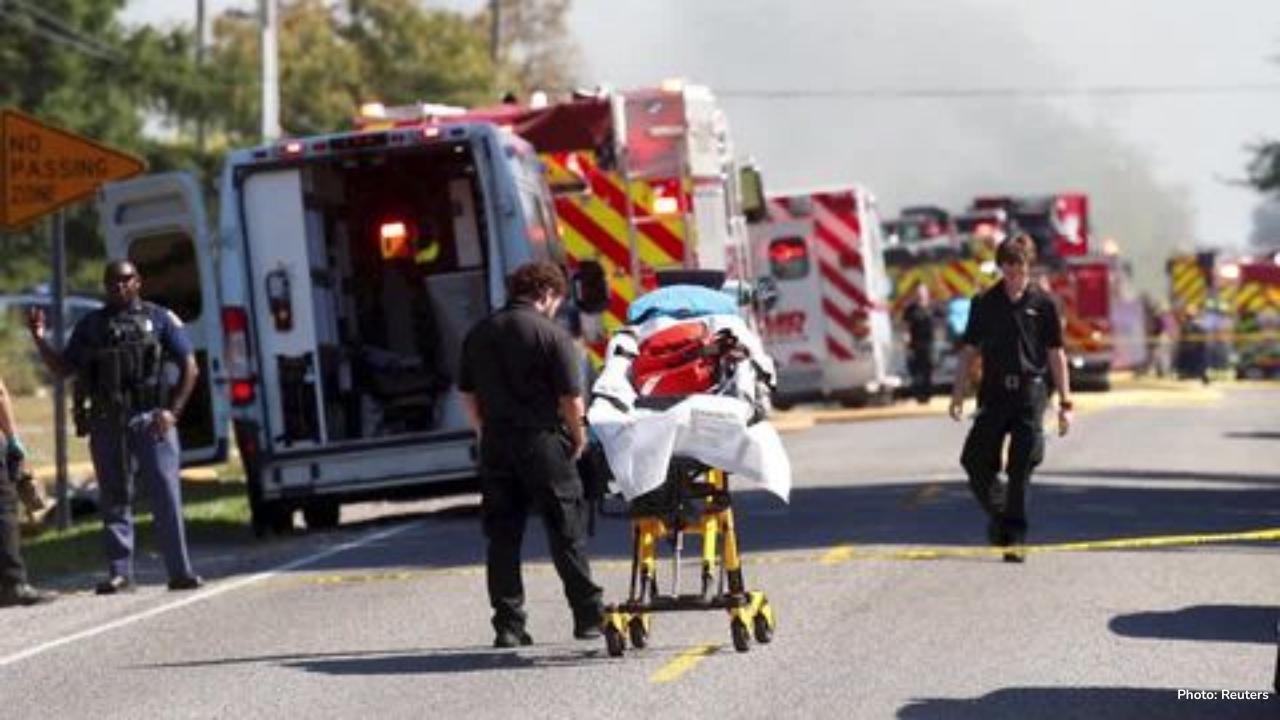



Sinner & Swiatek Shine at China Open: Semifinal Spots Secured
Jannik Sinner and Iga Swiatek advance to the semifinals at the China Open. Read about their victori

Michigan church attack kills 4, injures 8 in shocking violence
A gunman drove into a Michigan church, fired shots, set fire, killing 4 and injuring 8 before police

Moldova’s Pro-EU Party Secures Majority in Key Vote
Moldova’s pro-European PAS wins a strong majority in the parliamentary election, weakening pro-Russi

Gabriel’s late header gives Arsenal 2-1 win at Newcastle
Arsenal snatch dramatic 2-1 win at Newcastle as Gabriel heads the winner in stoppage time; Merino eq

Air France Flight 447 Trial Opens 16 Years After Tragic Crash
Sixteen years after the Air France Flight 447 crash, a trial opens against Air France and Airbus. Le

Europe close to Ryder Cup win after strong weekend play
Team Europe is on the verge of winning the Ryder Cup, showing great form in Italy and needing only a